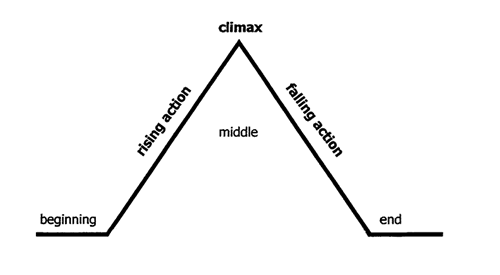Litotes
Meiosis (Greek - "lessening") is a deliberate use of understatement, the aim of which is to lessen, weaken, reduce the real characteristics of the object so that to show its insignificance.
A specific form of meiosis is called litotes.
Litotes (Greek - "plainness, simplicity") is a form of understatement which uses the denied opposite of a word to weaken or soften a message. As a result, the positive feature is somehow diminished by the negation.
The structural pattern can be as follows:
|
"not" /"no"/ |
N. / Adi. / Adv. (the notional part should be |
|
"never"/ etc. |
~ negative either in form or in meaning) |
Examples:
- That's not bad. (instead of: That's good/great.)
- Boats aren't easy to find in the dark. (instead of: Boats are hard/difficult to find in the dark.)
- It was not unnatural if Gilbert felt a certain embarrassment. (Waugh)
- We made a difference. We made the city stronger, we made the city freer, and we left her in good hands. All in all, not bad, not bad at all.
Definition:
A figure of speech consisting of an understatement in which an affirmative is expressed by negating its opposite. Adjective: litotic.
Also Known As: antenantiosis, moderatour
Etymology:
From the Greek, "plainness, simplicity".
Litotes describes the object to which it refers not directly, but through the negation of the opposite. . . .
For example:
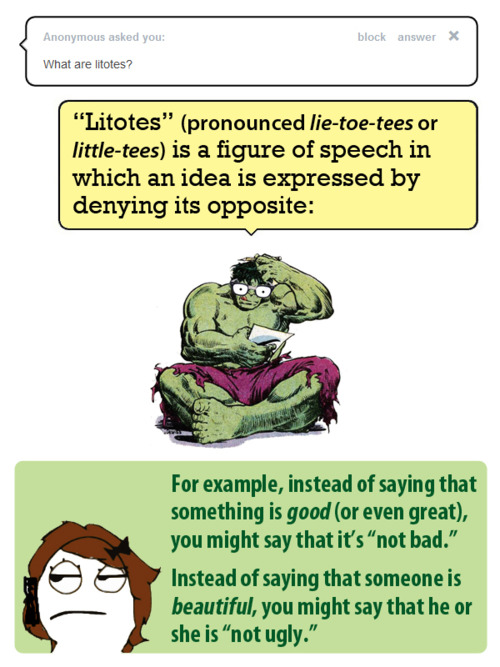
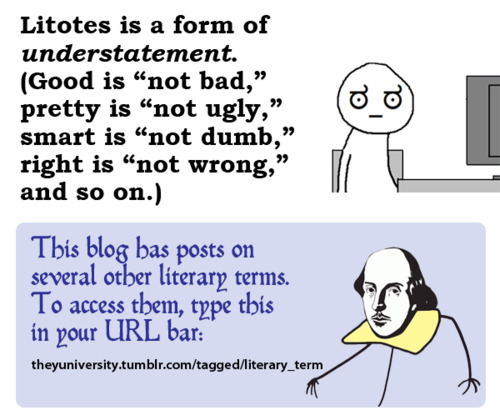
Antithesis
Antithesis – (from Greek “contradiction”) two points of sharp contrast set one against the other, generally in parallel constructions: Antagonistic features are more easily perceived in similar structures.
For example:
They speak like saints and act like devils.
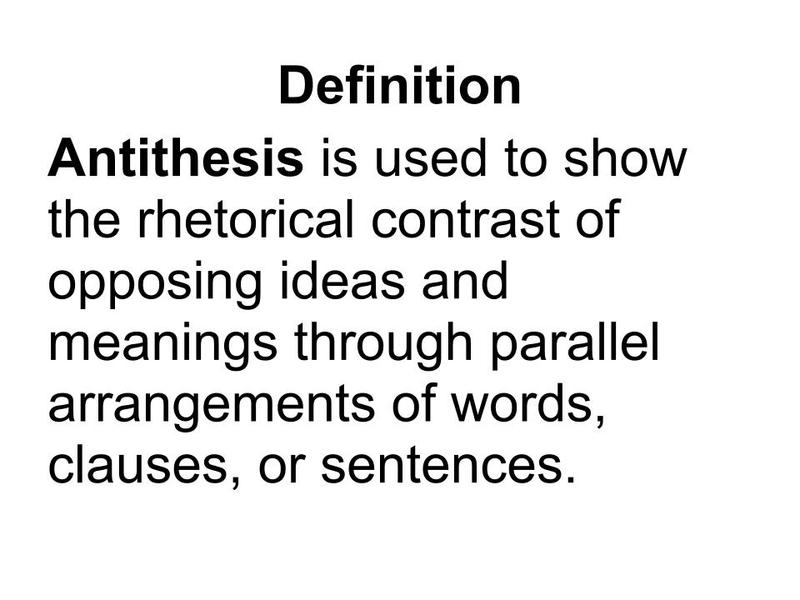
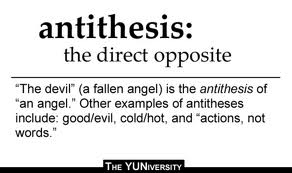
Rhetorical question
Rhetorical question (from Greek “an orator”) – a statement reshaped into a question, generally a complex one: Without a subordinate clause a rhetorical question would lose its specific quality and might be regarded as an ordinary question.
For example:
- If practice makes perfect, and no one's perfect, then why practice?


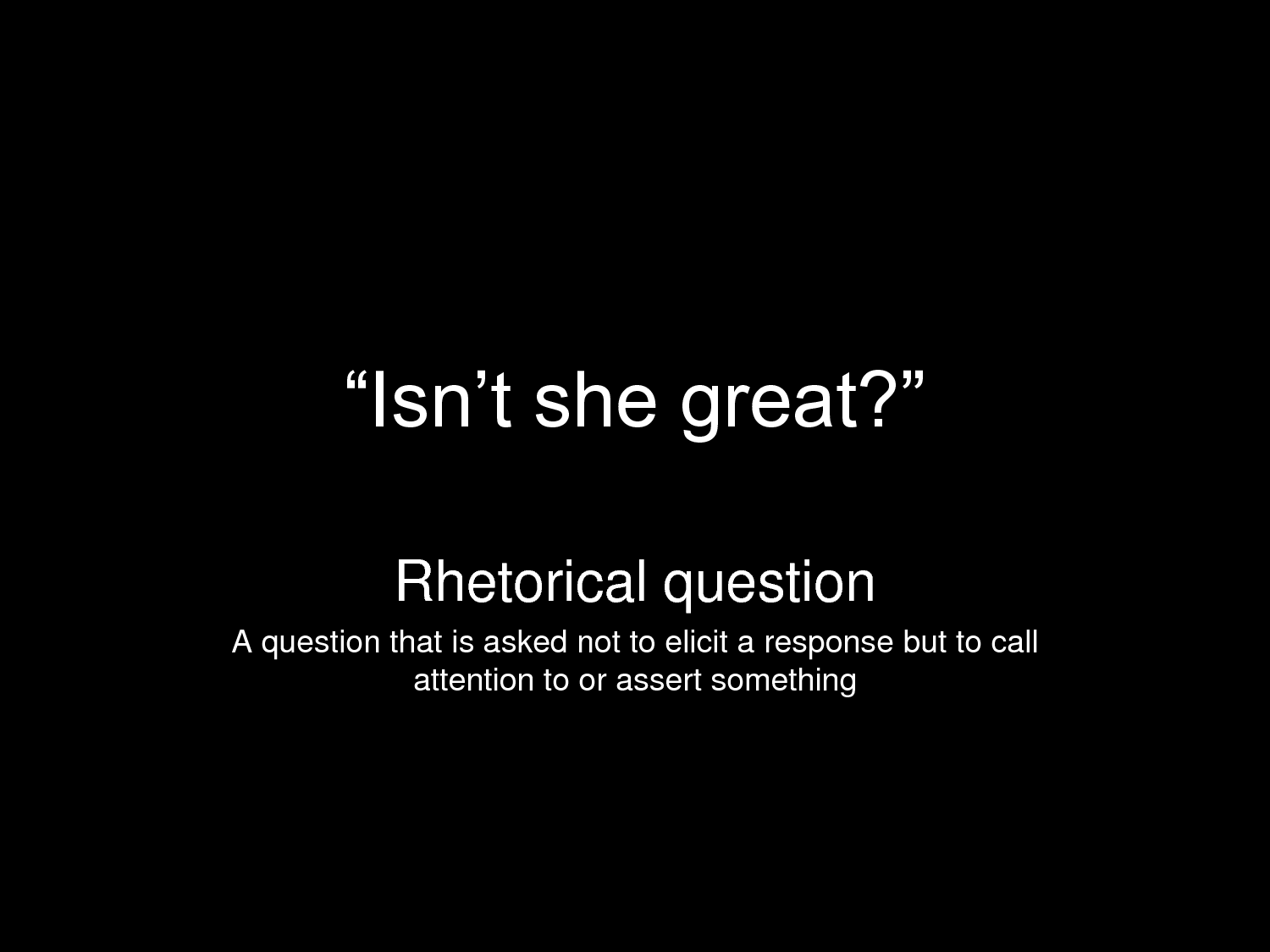
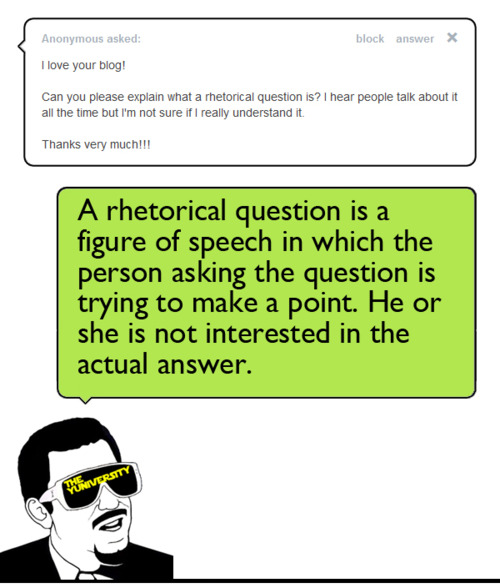
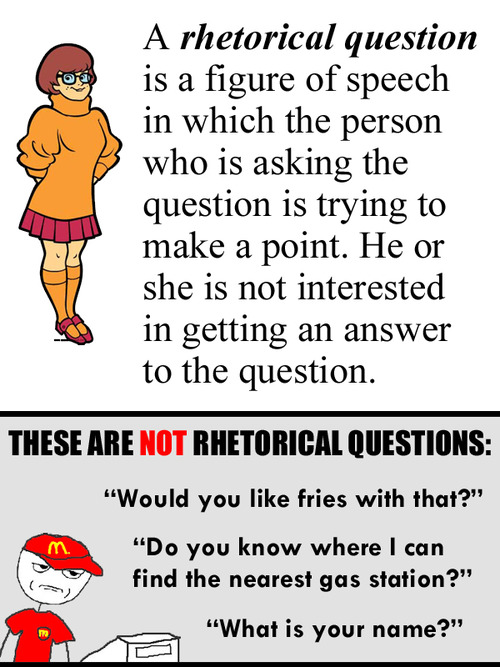

Question – in- a – narrative
Changes the real nature of a question and turns it into a stylistic device. A question-in-a-narrative is asked and answered by one and the same person, usually the author.
E. g. For what is left the poet here? For Greeks a blush - for Greece a tear.
As is seen from these examples the questions asked, unlike rhetorical questions do not contain statements.
Question- in-a-narrative is very often used in oratory. This is explained by one of the leading features of oratorical style - to induce the desired reaction to the content of the speech.
Break – in- the – Narrative
Break – in- the – Narrative (aposiopesis) - sudden break in the narration has the function to reveal agitated state of the speaker.
E. g. On the hall table there were a couple of letters addressed to her. One was the bill. The other...
There are 3 ways of reproducing character's speech.
1) direct speech;
2) indirect speech (reported speech)
3) represented speech.


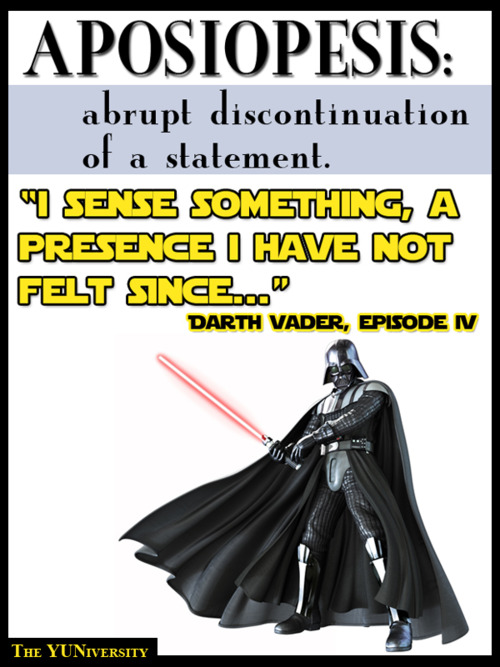
Polysyndeton
Polysyndeton ( from Greek - “many together”) - is an identical repetition of conjunctions: used to emphasize simultaneousness of described actions, to disclose the authors subjective attitude towards the characters, to create the rhythmical effect.
E. g. The heaviest rain, and snow, and hail, and sleet, could boast of the advantage over him in only one respect.

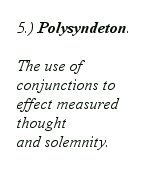

Asyndeton
Asyndeton ( from Greek – “without connection”) is a deliberate avoidance of conjunctions in constructions in which they would normally used.
E.g. He couldn't go abroad alone, the sea upset his liver, he hated hotels.
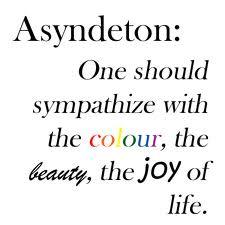
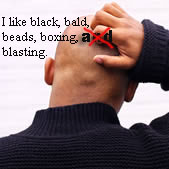
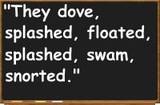
Climax
Climax (Gradation) – ( from Greek – “ladder”) is an arrangement of sentences which secures a gradual increase in significance, importance, or emotional tension in the utterance:
- ”Little by little, bit by but, and day by day, and year by year the baron got the worst of some disputed question” (Dickens).
